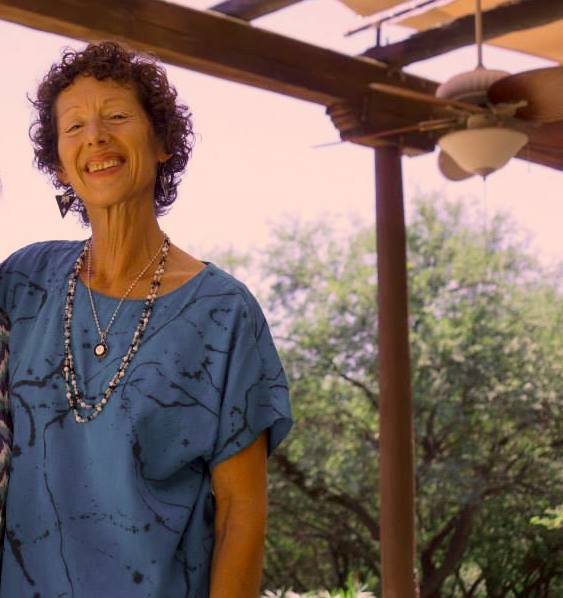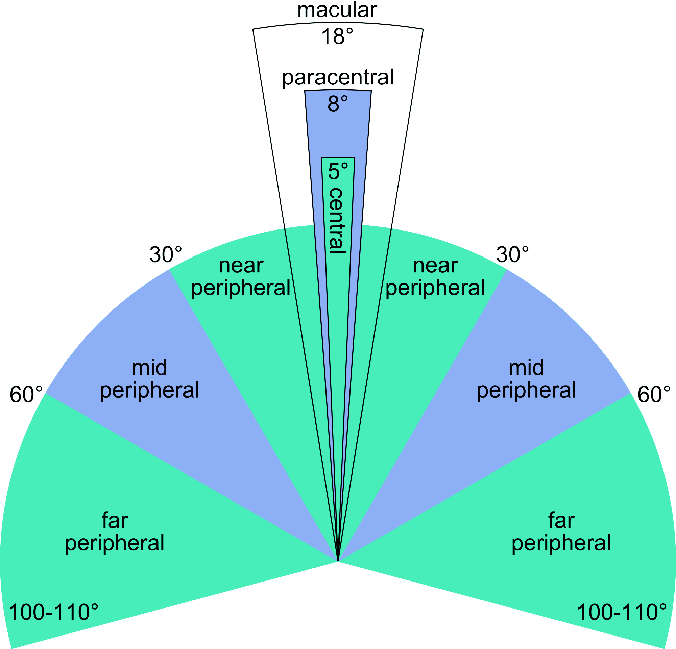
|
Nancy L. Neff Coaching and Healing
LifeForce Abundance Coach |
|
|
|
Email: Nancy@NancyLNeff.com NancyLNeff.com
EFT coaching sessions
|
|
|
Mid-June 2015 Newsletter
Hello, and a joyous mid-June to you!
Today's issue has a longer than usual article on being aware of your peripheral vision. Enjoy! Vision: Noticing the periphery
An easy way to play with this comes from Tom Quackenbush's classic "Re-learning to See" book. Take 2 pebbles and place them an inch or two apart. Look at one, and notice you see it more clearly than the other which is in your peripheral vision. When you look at the second pebble, that will now be the clearer one. Move the pebbles closer together, and see if you can still see the one you look at more clearly, and the one in your periphery less cleary. When I practiced this I told myself out loud where I was looking, just to reinforce it. My first instinct was to try to see both pebbles equally clearly at the same time, which is strain. One final point: people with limited vision are often anxious and afraid they'll "miss something". I think this is where the habit of trying to see a big area equally clearly might have come from. During vision improvement, we learn to relax and trust our eyes more to give us correct feedback about our surroundings. Paying attention to the periphery in an easy way, just noticing it's there, is comforting. The primary focus will still be on the clear central vision. You'll be thrilled, as I am, to find not only are you not missing anything by remaining aware of your peripheral vision, you can actually see more! Your periphery is your friend, and may be the key to more relaxed vision for you. Appreciate it! For my own experience of slowly learning to appreciate my peripheral vision, see this article. If you'd like to learn about gently and naturally including your peripheral vision in your looking, consider a Vision Coaching session. Wouldn't it be wonderful to see more, in a more relaxed way?
Do you want your own copy of future newsletters?
Please send me your questions and comments
|
||
|
Be generous. Share!
|
> | |
Click here to see past newsletters.
Click here to unsubscribe.
© Copyright 2014, 2015. All rights reserved.

